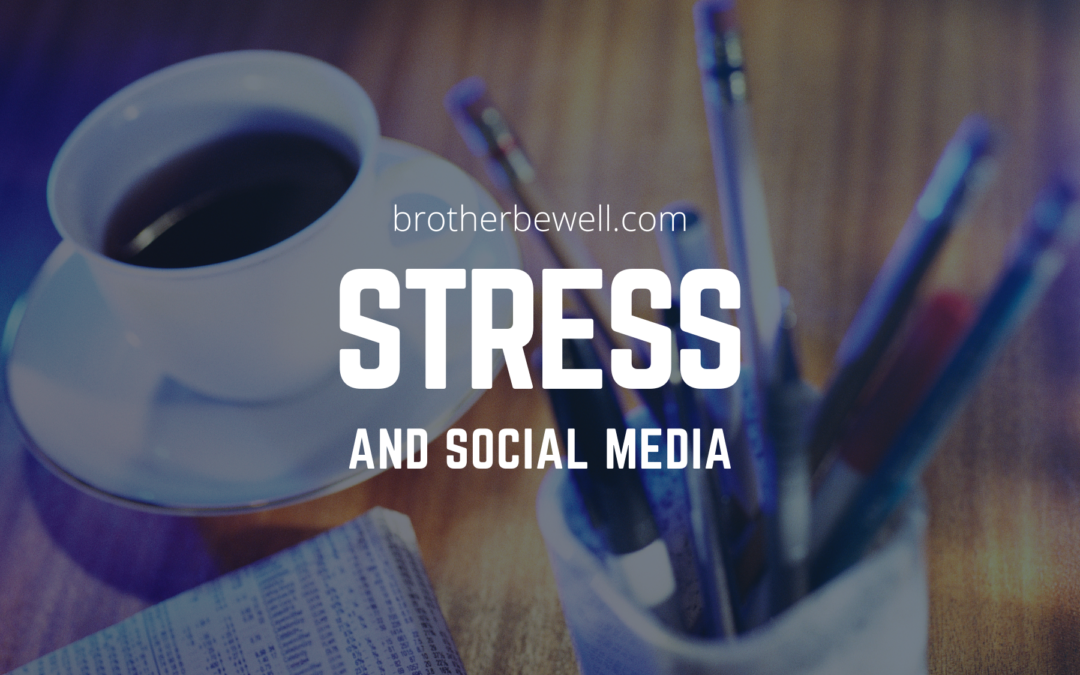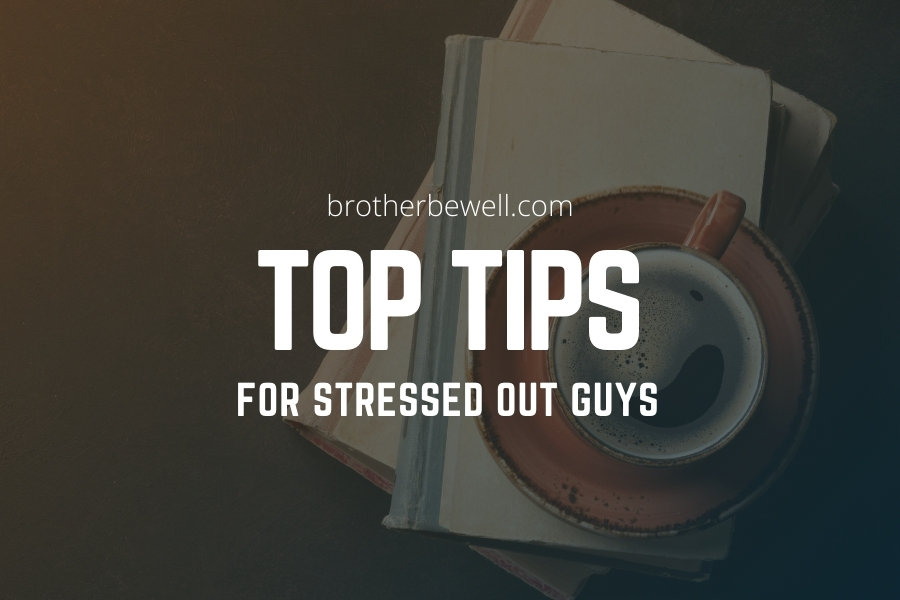Twice during a recent workday, I found myself discussing The Social Dilemma, an excellent Netflix docu drama. Both Justin Martinez, Brother Be Well Youth Advocate and Content Contributor, and Sheree Criner, RN, Vice President of the Capitol City Black Nurses Association, mentioned having just seen the film.
I took that as much more of a sign than a coincidence, so I decided to watch the film that evening, just before my nightly, pre-bedtime Facebook scroll.
The Facebook scroll never happened. In fact, since watching The Social Dilemma, I’ve spent less than 10 minutes a day on the popular social media platform.
The film explores the link between mental health and social media usage. 80 percent of African Americans report using a cell phone as their primary internet portal, and the same 80 percent of African Americans value social media platforms for the discussion of issues that mainstream media often overlook. Those facts prompted me to ponder whether my personal, and our collective stress levels, were being heightened by the use of social media platforms like Facebook, Twitter, Instagram, and Tik Tok.
The Social Dilemma asks more questions than it answers. It draws no definitive conclusions, leaving viewers to sort it out for ourselves. But via the inclusion of conversations with several of the architects of social media sites, we get an inside look into the startling business of getting us hooked on social media.
If you think that’s hyperbole, or at the very least a little over the top, consider this quote from The Social Dilemma:
“There are only two industries that call their customers ‘users’: illegal drugs and software.”
– Edward Tufts
Few would argue that time really does tend to slip away when we’re scrolling through our Facebook timelines. But I, for one, never considered the impact of that previously mindless activity on my mental health.
If you think that you’re not being sucked in by social media, or that (like most who battle addiction) you believe you can dump social media whenever you want to, consider what Anna Lembke of the Stanford University School of Medicine has to say:
“Social media is a drug. We have a basic biological imperative to connect with other people that directly affects the release of dopamine and the reward pathway. Millions of years of evolution are behind that system to get us to come together, live in communities, find mates, [and] propagate the species. Vehicles like social media, which optimize the connection between people, are going to have the potential for addiction.”
Think about that the next time you jump on Snapchat…“just for a second.”
According to a 2015 Pew Research Center study, the relationship between stress and social media is indirect. However, their data show that frequent internet and social media users report higher levels of stress. This is primarily due to the increased awareness of stressful events in others’ lives that social media gives us.
The Pew study specifies that, for men, knowledge of someone being accused of or arrested for a crime scored 15% higher on their measure of stress than the general population. The same population scored 12% higher when they had knowledge of an acquaintance having suffered a demotion or cut in pay at work. Today, a lot of that knowledge comes from social media. When was the last time you got a letter in the mail, catching you up on a friend or relative’s life events?
Think about it: intimate details of every flat tire, failed relationship, lost job, or sick relative of one of your Facebook “friends” can be found on your news feed, often in real time. Before you know it, you may be spending hours a day reviewing others’ catastrophic life events. The emotional impact of that is added to the stress brought on by the flat tires, failed relationships, lost jobs, and sick relatives of your own.
Exacerbating that are the social media posts implying that all is rosy in others’ lives. Every Instagram or Snapchat photo appears perfect, even if it requires a lot of time and several filters to create the illusion.
One of your Facebook friends is chilling in his backyard swimming pool on a scorching summer afternoon? Makes you wish you had one. Another Twitter connection just bought a new car? You’ve racked up hundreds of thousands of miles on yours, or it’s falling apart.
It’s great that friends have platforms to share the wonderful things that are going on in their lives, but if we take in too many of those updates, and our own accomplishments pale in comparison, the result can be increased stress, anxiety, or depression.
Few social media users would admit that it’s all about the “likes.” But Chamath Palihapitiya, former Vice President of Growth for Facebook, insists that “We conflate hearts, likes, and thumbs up with value and with truth.” Palihapitiya posits that if heavy social media users don’t get enough of those “likes,” we intrinsically begin to believe that something’s wrong with us…or, at least, with our car, our puppy, or our outfits.
Am I suggesting that you delete all of your social media accounts. No.
Well, maybe.
If you’re spending more time on those platforms than you’d like, or if you feel worse when you hop off of social media than you did when you hopped on, you may want to ratchet your social media usage back a bit.
The next time you’re itching to get on Facebook, why not pick up a good book instead? Oh, I don’t know…President Barack Obama just released a great, best-selling memoir. Or maybe you could read Ten Arguments For Deleting Your Social Media Accounts Right Now by Jaron Lanier.
Cracking the spine on either of those would definitely earn you a “like” from me.
By Michael P Coleman, Content Director, Brother Be Well



